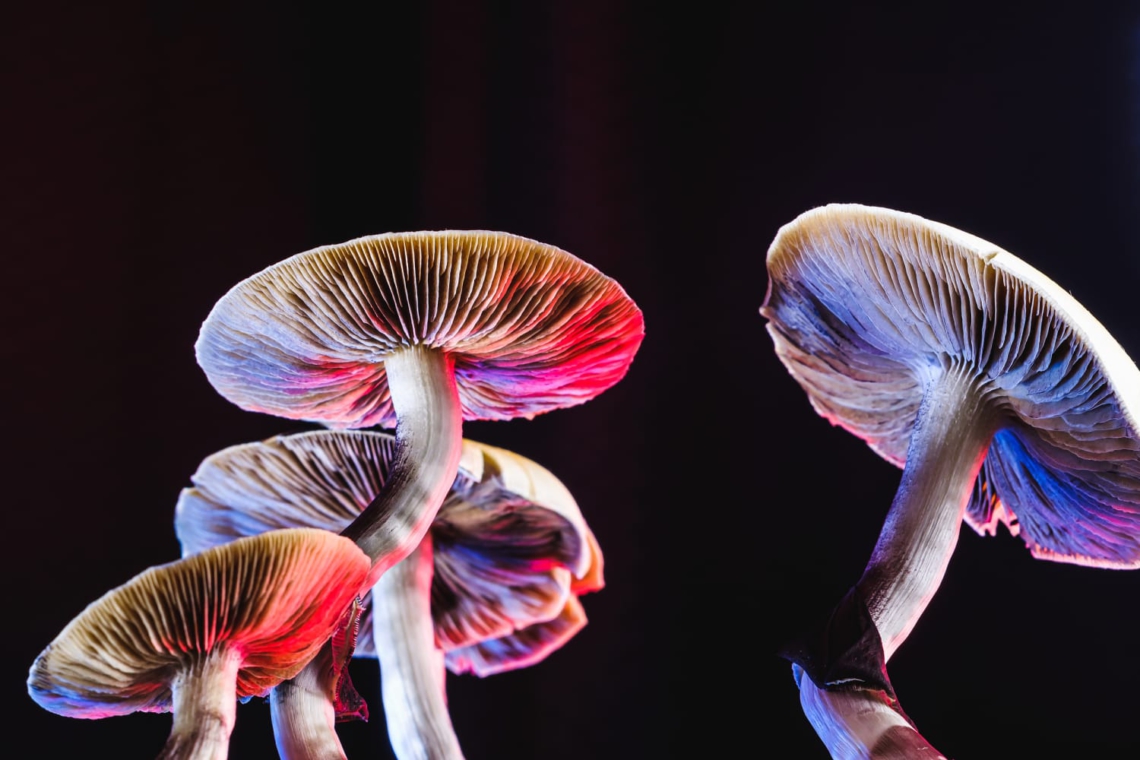Flexible & Free: Surgeon’s Guide to General Surgery Job Openings
- July 10, 2025
- blog
Americans want and need surgery regularly. Some procedures are essential, while others are elective. Elective procedures may be delayed due… Read More

Psilocybin, the psychoactive substance in specific types of mushrooms, is gradually gaining research attention due to its possibly effective therapeutic application. However, like with any substance, long-term use comes with its risks, and these are not risks that should be taken lightly. It is significant and beneficial to know exactly how long do mushrooms stay in your system.
Psilocybin’s effects can be deep and long-lasting, but you should consider some factors concerning its prolonged use to maintain your well-being.
Psilocybin is a short-acting substance metabolized very quickly in the body, which makes the effects of the substance begin within 1 to 2 hours after taking it and last for approximately 4 to 6 hours. However, the detection window of your system depends on several aspects concerning the drug, like dosage, frequency, and metabolism, among others.
In most instances when asking “how long do mushrooms stay in your system”, psilocybin and its metabolites will show up in urine samples for up to 24 hours, though in certain cases, up to 72 hours. Understanding this enables you to estimate the possible dangers accompanying its consecutive utilization.
The main problem associated with chronic psilocybin use is psychological, primarily involving the issue of tolerance. Tolerance is a state that exists when the body adapts to some agent, and one has to administer larger amounts of the substance to get the same impacts. When it comes to psilocybin, one may easily build physical tolerance in one or two days if one takes the substance continuously.
This can lead to increased consumption, which in turn can intensify the psychological impact on the body, for instance, developing some level of anxiety, paranoia, or worse, hallucinations. All these experiences can, in the long run, cause long term changes in perceptual, mood as well as cognitive processes.
Psilocybin can be described as non-physically addictive but involves psychological dependency when taken for a long time. In turn, users may develop a dependence on the substance to obtain particular mental conditions or to avoid the real world. This dependency can cause problems with day-to-day functions, relationships, and responsibilities, and the consequences are not good.
Also, they are not easy to dose when preparing them for use, and they have a rather unpredictable effect, especially after the first dose, which is rather strong; it becomes dangerous because their effect may be negative, especially to those who have mental illnesses and its use should therefore be approached carefully.
Chronic schizotypal use may have effects on the mental state of an individual in the long run. Even though research on psilocybin has some positive outcomes, including the alleviation of depressive and anxious states, long-term use without the help of a doctor can be unsafe. Such may include changes in mood, cognitive abilities, and perception for a period that are constant in his/her diagnosis.
Sometimes, people are likely to develop symptoms called ‘flashbacks’ or hallucinogen persisting perception disorder (HPPD), where the visual symptoms are experienced after the substance in a given system has left. You should also pay attention to your state of mind and should consult a professional if you observe that something is wrong.
Everybody, particularly those thinking of using this substance long-term or those who already are, should understand the dangers of the said substance as portrayed herein. As a result, knowing how long do mushrooms stay in your system, the chances of building tolerance, and the general effects of mental dependence. Those who use the substance can protect their mental health. However, like any compound that gets consumed, it is also crucial to exercise considerable caution as far as the effects on one’s health are concerned over the long term.